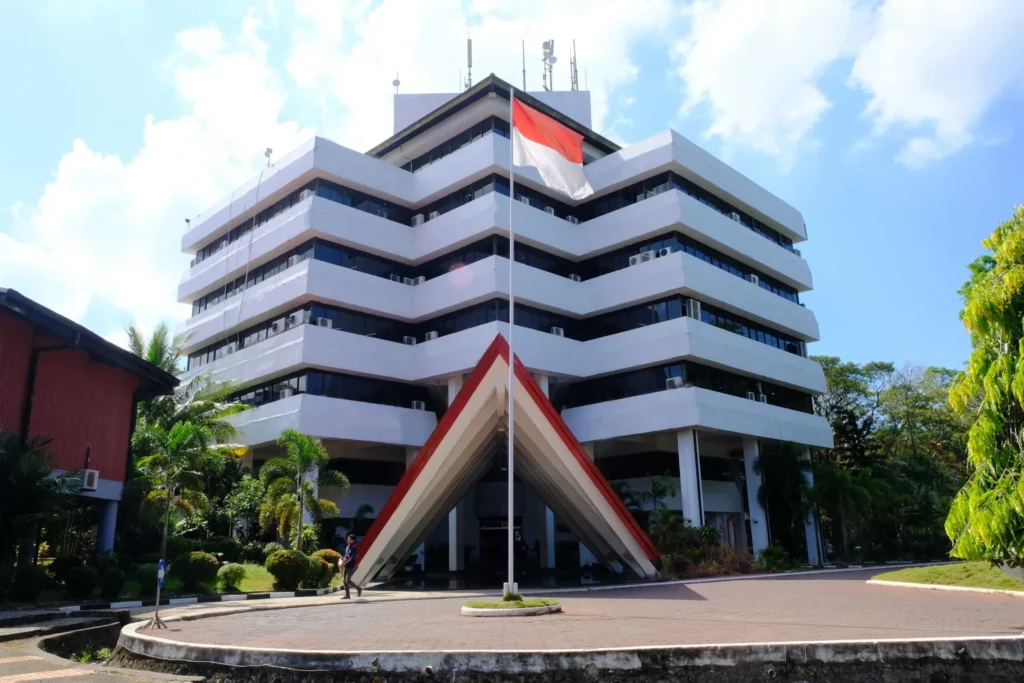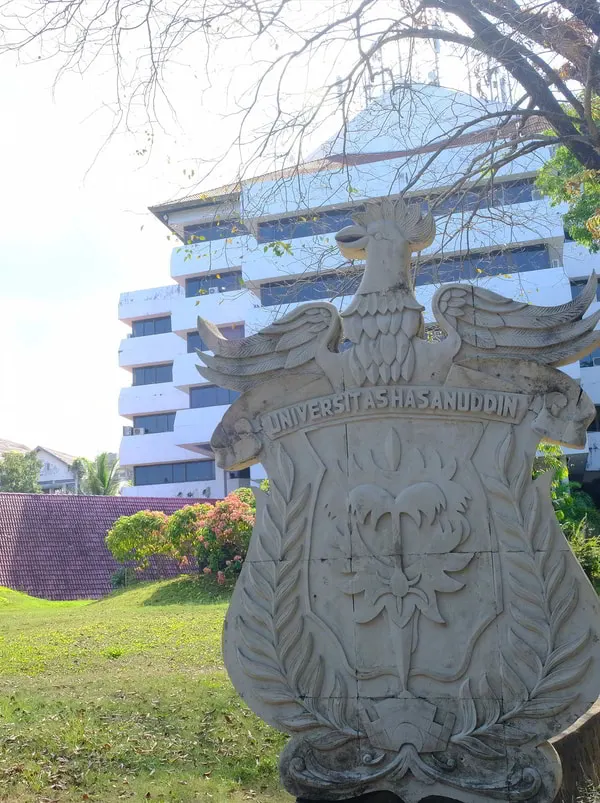By visiting our site, you agree to our privacy policy regarding cookies, tracking statistics, etc.
Hasanuddin University excels in developing science, technology, arts, and culture, focusing on the Indonesian Maritime Continent, aiming to nurture innovative, globally responsive leaders.

The establishment of Hasanuddin University officially began in 1956. However, its roots trace back to the city of Makassar in 1947 when the Faculty of Economics, a branch of the Faculty of Economics at the University of Indonesia (UI) Jakarta, was established by the decision of Lieutenant General Governor of the Dutch East Indies, Number 127 dated July 23, 1947. Due to prolonged uncertainty and chaos in Makassar and its surroundings, the faculty, led by Drs L.A. Enthoven (Director), was suspended. It was later reopened as a branch of the Faculty of Economics UI on October 7, 1953, under the leadership of Prof. Drs. G.H.M. Riekerk. The Faculty of Economics truly became the precursor of Hasanuddin University after being led by acting chairman Prof. Drs. Wolhoff and secretary Drs. Muhammad Baga from September 1, 1956, until the official establishment of Hasanuddin University on September 10, 1956.

A center of excellence in the development of human resources, science, technology, arts, and culture, grounded in the Indonesian Maritime Continent.
Providing a high-quality learning environment to develop innovative and proactive learners.
Preserving, advancing, discovering, and creating knowledge, technology, arts, and culture.
Applying and disseminating knowledge, technology, arts, and culture for the benefit of the Indonesian Maritime Continent
“We are dedicated to maintaining our position as the foremost university in Indonesia, endeavoring to shape the nation’s youth for a progressive, sovereign, and globally respected Indonesia. Through excellence in education, research, and community engagement, we aim to empower future leaders with the skills, knowledge, and values to navigate the challenges of tomorrow and contribute meaningfully to our nation’s prosperity and international standing.”

©Hasanuddin University. All Rights Reserved.